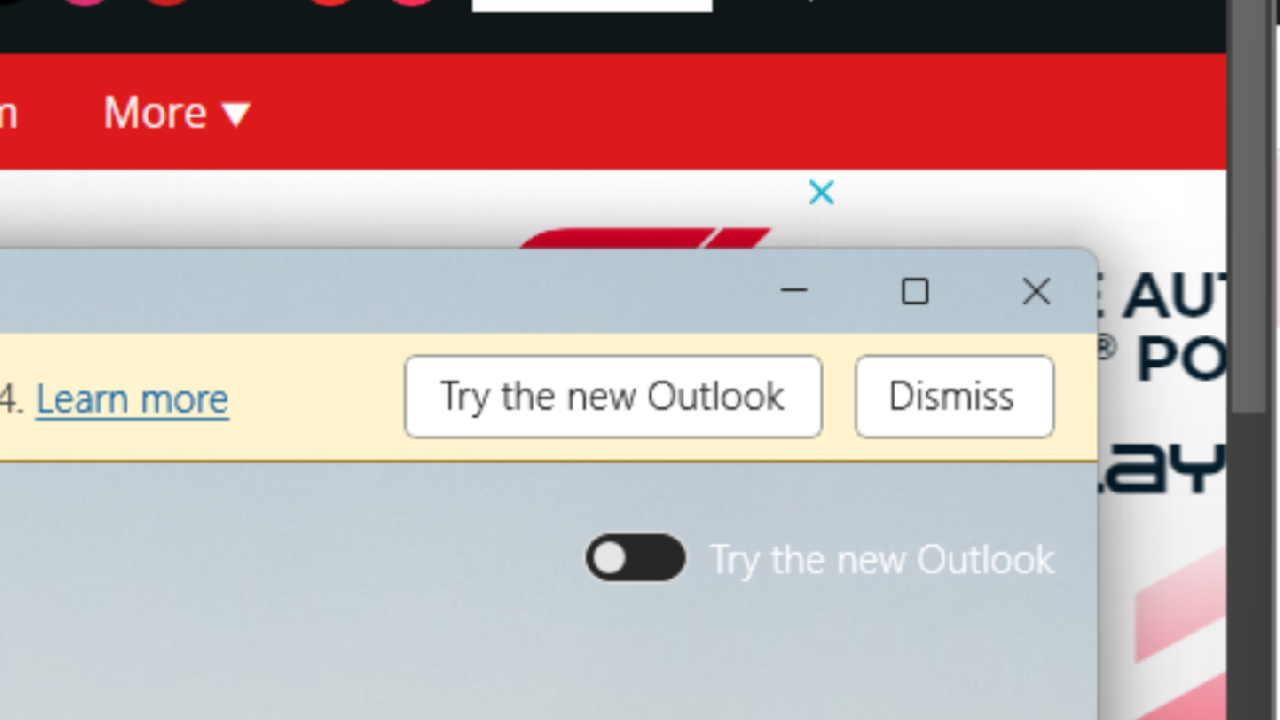
Sad news for us all: Windows Mail, Calendar and People apps are not long for this world. Ok, I guess it's only sad news for people who still use them on the daily, but these stalwarts of Windows will soon be off to live a new life on a farm—as from December 31 2024, Microsoft will be pulling the plug on support.
That won't stop them from working entirely of course, but it will break functionality quite significantly (via Windows Latest). On New Year's Day, 2025, you'll no longer be able to send or receive emails using Mail and Calendar apps, although your old emails, events and contacts will still be exportable into "new Outlook", which has had a fresh and fancy revamp over, err, old and busted Outlook.
Microsoft says that you "will write better emails with advanced AI", be able to streamline all your email accounts into one place, and "trust in Microsoft security to help keep your emails and documents safe from phishing and scams" using the refreshed Outlook software. Given some of Microsoft's security issues over the past few years that seems like something of a bold claim.
Users are currently able to switch back from the new Outlook preview to old-school Outlook with a slider toggle, although how much longer that remains the case is unclear.
According to Windows Latest, you can either choose to open the new Outlook when booting Mail & Calendar, or reject it with a "not now" prompt, but the new Outlook will still open regardless of the next boot. You can also downgrade the apps to prevent this from happening, but these will also stop working on December 31.
I tried replicating Windows Latest's results on my machine, but clicking the "Try the new Outlook" slider resulted in no change but a broken button. A bit of a messy rollout, perhaps, although I've messed around with my machine enough over the years that I can't squarely put the blame on Windows here.
Still, new Outlook appears to be getting its foot in the door early. Of course, there are many third-party solutions you can use as email and calendar apps, and many will likely access these services through browser windows already. But native Windows email, calendar and contact support are changing, and the attitude here seems to be of the "like it or lump it" variety for now.







